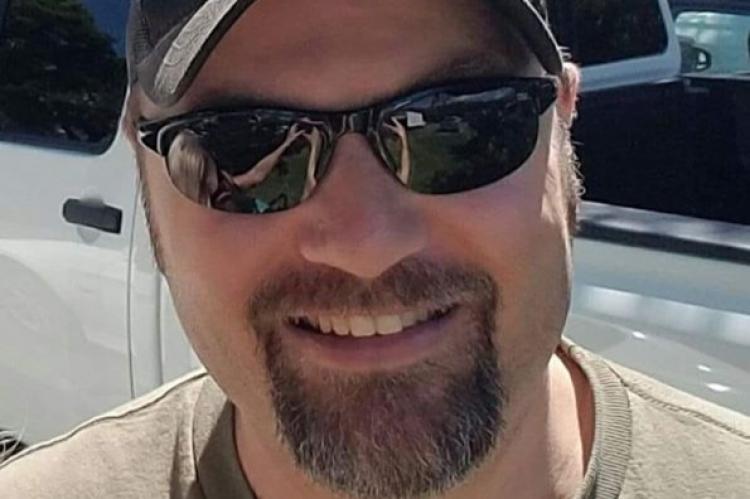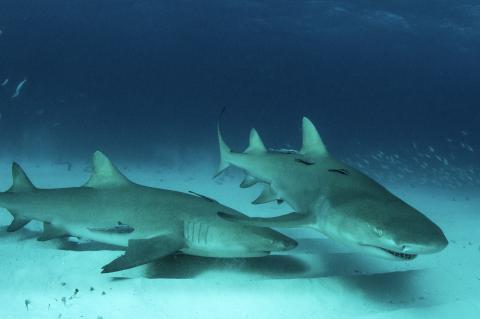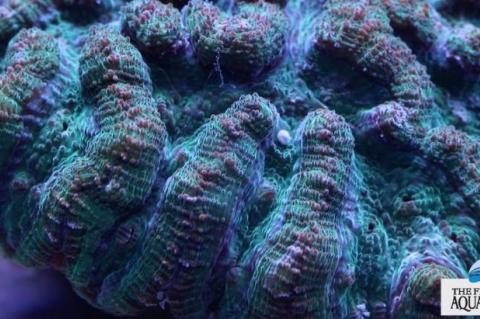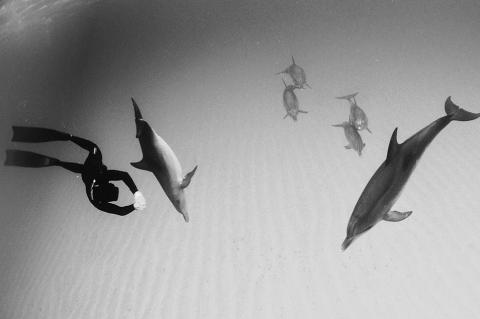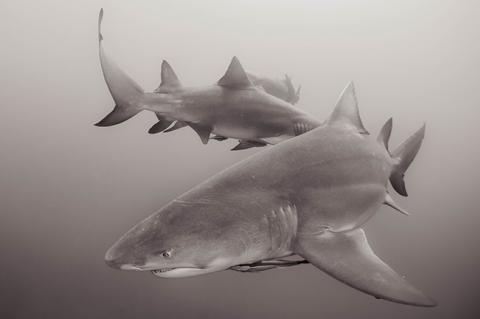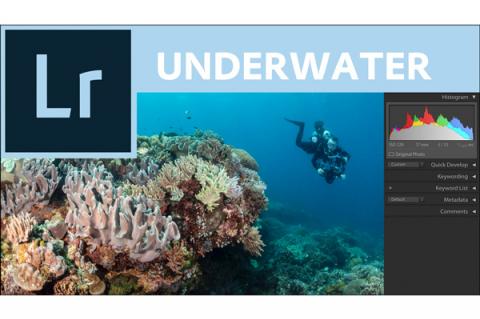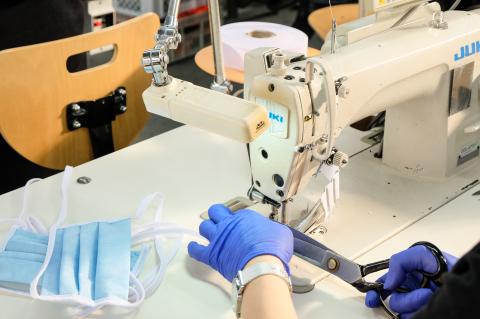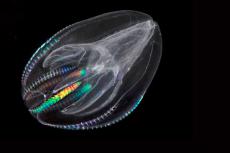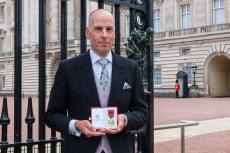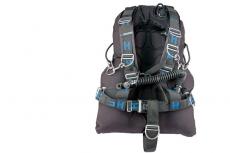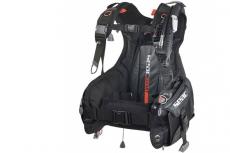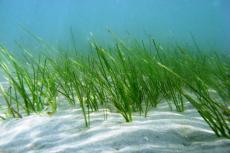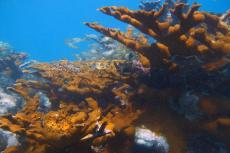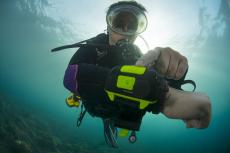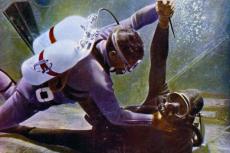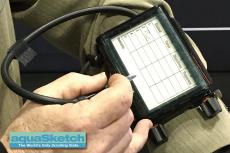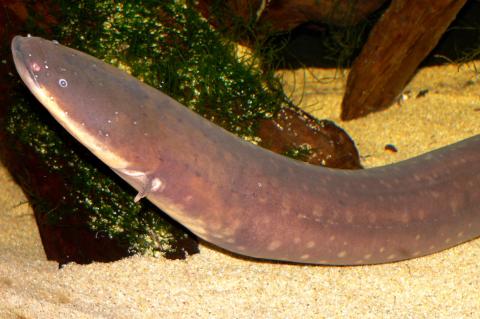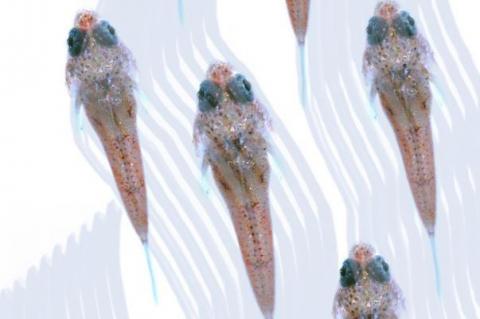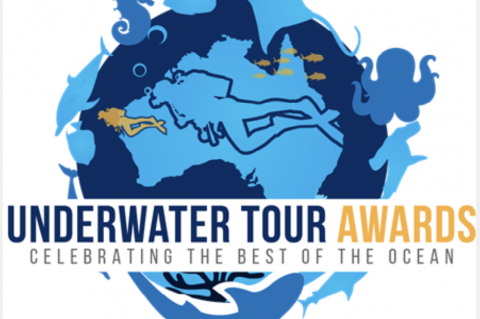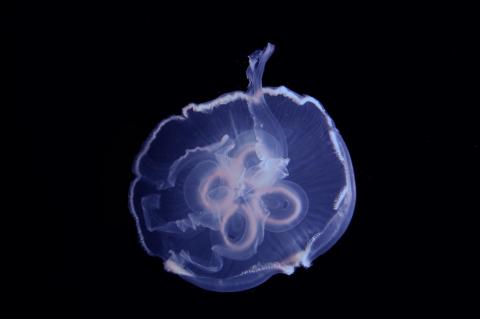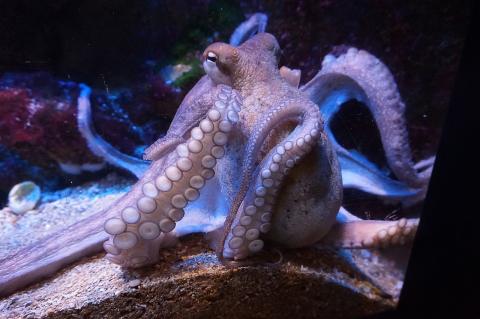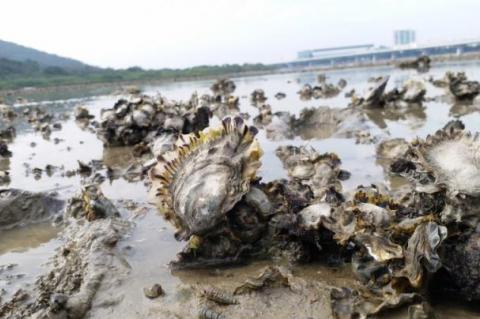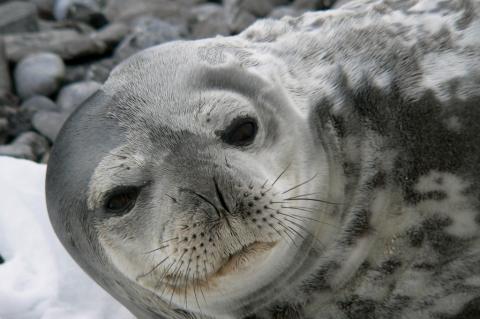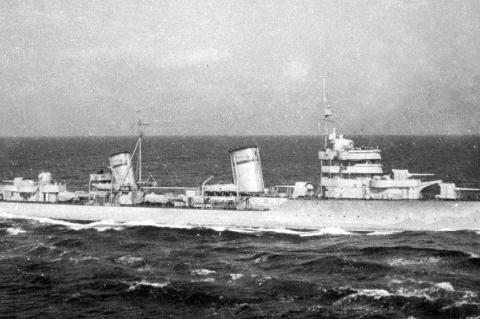Scientific diving community mourn loss of future talent
News broke within the scientific diving community early on Tuesday 12 November 2019 that a diving incident had occured in the Solomon Islands.
Joshua Copus, a Curator at Bishop Museum in Honolulu, Hawaii suffered from loss of consciousness at approximately 60m (200ft). He was diving a Poseidon SE7EN rebreather on an ichthyological ("Ikhthus" meaning fish, "logos" meaning study) project. His CCR diving companions immediately recognised the problem and worked to bring the unconscious diver to the surface, where he could be assisted by the surface-support team. Copus was promptly given CPR and, despite the best efforts of the team, he could not be revived.
Following the rescue, the remaining dive team were obliged to conduct multiple hours of required decompression. No other member of the team experienced apparent DCI symptoms.
Mesophotic Research
Bishop Museum is renowned for their research on mesophotic coral ecosystems, and they have made many groundbreaking discoveries and found several new species.
Mesophotic coral ecosystems ('Meso' meaning middle, 'Photic' meaning light - known as 'MCEs' or the "coral-reef 'Twilight Zone' ") are loosely defined as a coral-reef habitat at depths of approximately 30m (100ft) to 152m (500ft). This zone or area in the water column has low light penetration where light-dependent coral, algae and organisms are found. In order to conduct sensible research in this zone, researchers utilise rebreathers and ROVs (remotely operated vehicles) because it is beyond the limit of recreational scuba technology.
Future Star
This is immensely sad news. It looks as though the scientific diving community has lost a future star. In 2008, Copus received an AAUS (American Academy of Underwater Science) scholarship for a research project entitled 'Population Structure of Chaetodon trichrous: Does genetic differentiation exist?'. At the time of his death, the former Northern Arizona University student was writing up his PhD thesis with the intention of defending it at the University of Hawaii in early 2020.
Copus’ friends and colleagues paid tribute on social media. These comments echo many similar posts.
"I met Josh when he came to Guam to do some collecting. Such a helpful, knowledgeable guy."
"Josh is one of my favorite visitor's that comes to the dive office, because he always takes the time to make me smile."
"Josh did so much to help me as an undergrad interested in taxonomy."
"I am so sad to see Josh's achievements of scientific discovery cut desperately short."
"Josh was a great scientist and a good friend in the lab."
Incident Investigation
The news of this fatality broke on the first day of the 2019 DEMA Show, therefore relevant personnel and international experts were immediately notified at the Orlando event, and an investigation was instigated. It should be noted that scientific diving is one of the safer forms of diving, because of several factors. There is low peer or institutional pressure to complete dives in less than perfect conditions. Scientific divers also dive to a rigorous set of protocols, and benefit from relatively high levels of education, training and ongoing supervision.
As a result of this incident, a number of Diving Safety Officers issued a "cease and desist" statement to their dive teams, instructing them that until further notice rebreather diving is no longer authorised. Divers should not read anything into this—this is standard operating practice in the scientific diving community after a serious incident or a fatality. This is known a "diving stand-down."
GoFundMe
Josh Copus was married with a young son. His wife is currently finishing her doctoral degree. A family friend—Matthew O'Neill—has therefore set up a GoFundMe appeal. All donations will help with immediate and future bills, i.e. it will cover funeral expenses, and then support Josh's widow and his son. Any donation will help make a positive difference. Thank you.



